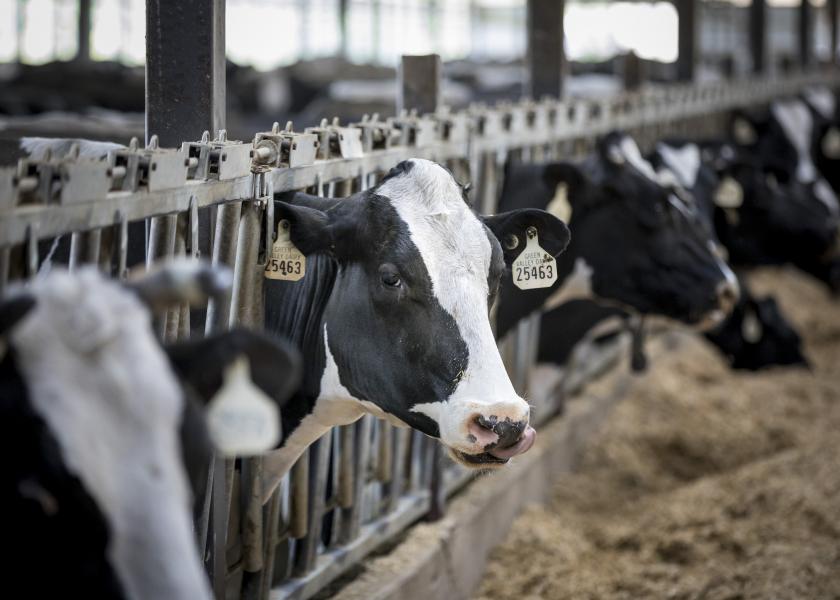Prudent Antibiotic Use, Revisited

More now than ever, there is increased scrutiny over the use of antibiotics in animal agriculture. Obviously, regulations and control are needed. Although we have one of the safest food supplies in world, certain regulations might seem cumbersome and lack scientific support.
We must not forget the first line of therapy for any disease is prevention. Instead of looking for a cure in a bottle, we need to maintain health through proper herd management, good facilities, adequate nutrition and a solid vaccination program. In many cases nutrition is really the key to disease prevention. This is a concept that is often forgotten.
IS TREATMENT NECESSARY?
When we are faced with a sick cow or calf we must always first ask if antibiotic treatment is necessary. Has a physical examination been performed, and do we have a diagnosis? Is the disease caused by an infection that will respond to antibiotic treatment or are antibiotics unnecessary? Do we have treatment protocols that have been developed with your herd veterinarian based on current research and concepts? These are all important considerations before reaching for the bottle.
Once we begin treatment it is important to administer the antibiotic at the correct dose and duration. We need to consider the dose needed for a 1,300-lb. first-lactation cow as compared to an 1,800-lb. adult. Proper recording of treatments is another critical area to reduce the risk of a residue violation and for the maintenance of regulatory records.
MASTITIS TREATMENT
As we strive to reduce antibiotic use, there are two key recommendations every dairy should consider. Culture-based mastitis treatment and selective-dry cow treatment.
The use of milk cultures to guide mastitis treatment decisions is not a new recommendation. Herds have used these protocols for more than 10 years with a significant reduction in antibiotic use and savings in treatment costs. An on-farm milk culture or commercial lab with rapid (24 hour) turnaround time and culture-based treatment protocols are needed to implement this program.
Selective dry cow treatment is a newer recommendation and there are several ongoing large commercial trials that will provide more specific protocol recommendations. Many farms, especially in other regions of the world, have already implemented these protocols on a commercial bases, so this is certainly the future for the industry. The current studies are designed to find the optimal method to select which cows benefit and which do not benefit from routine dry-cow antibiotic treatment at dryoff.
The overall goals of these programs are not only to reduce antibiotic use but also reduce treatment costs while maintaining, or improving, cow health. It is critical to work with your veterinary team to design and implement such protocols and ensure they are within regulatory guidelines.
By implementing these concepts, we can all strive to use antibiotics judiciously and improve farm profitability while continuing to protect the integrity of our food supply.
Mark Thomas is a veterinarian and partner in Dairy Health & Management Services, LLC in Lowville, N.Y.
For more on this topic, read:
- Dairy Herd Management How-To: Pay Attention to Injection Sites
- Responsible Antibiotic Use on Dairy Farms
- Lawmakers Question U.S. Position on Antibiotic Use in Livestock







